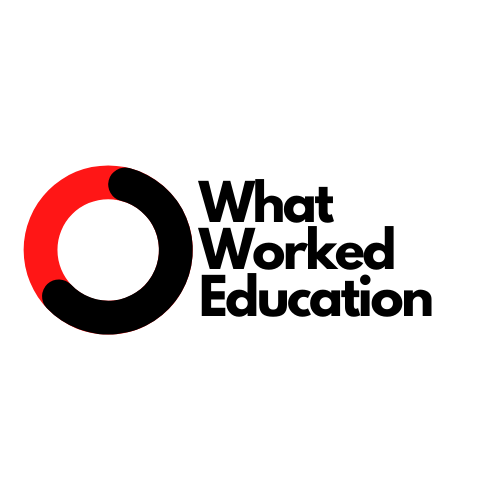How Does the WhatWorked Teacher Evidence Base Support This Challenge?
WhatWorked Education has developed an innovative teacher evidence base to robustly test educational interventions like Microsoft Reading Progress. Here's how it works:
- Class Selection: A teacher selects two classes of similar ability levels.
- Group Allocation: Using the WhatWorked trial wizard, one class is allocated to the intervention group (using Reading Progress) and the other to the control group (following usual practices).
- Baseline Assessment: The teacher sets a challenging reading task as a baseline (pre-assessment) for both groups and records the accuracy rates as the initial outcome measure.
- Intervention Period: Over the next 6 to 8 weeks, the intervention group completes weekly reading tasks using Reading Progress, while the control group continues with regular reading activities.
- Post Assessment: At the end of the trial, both groups retake the initial baseline reading task.
- Data Input and Analysis: The anonymised data is inputted into the trial wizard, which generates an impact report for the teacher. WhatWorked Education then aggregates the data from all schools to create a comprehensive evidence base.
The control class can now access Reading Progress after the post assessment has been completed. The trial takes approximately 30 minutes to set up, requires no teacher marking and no personalised learner data is shared as all data is anonymised.


